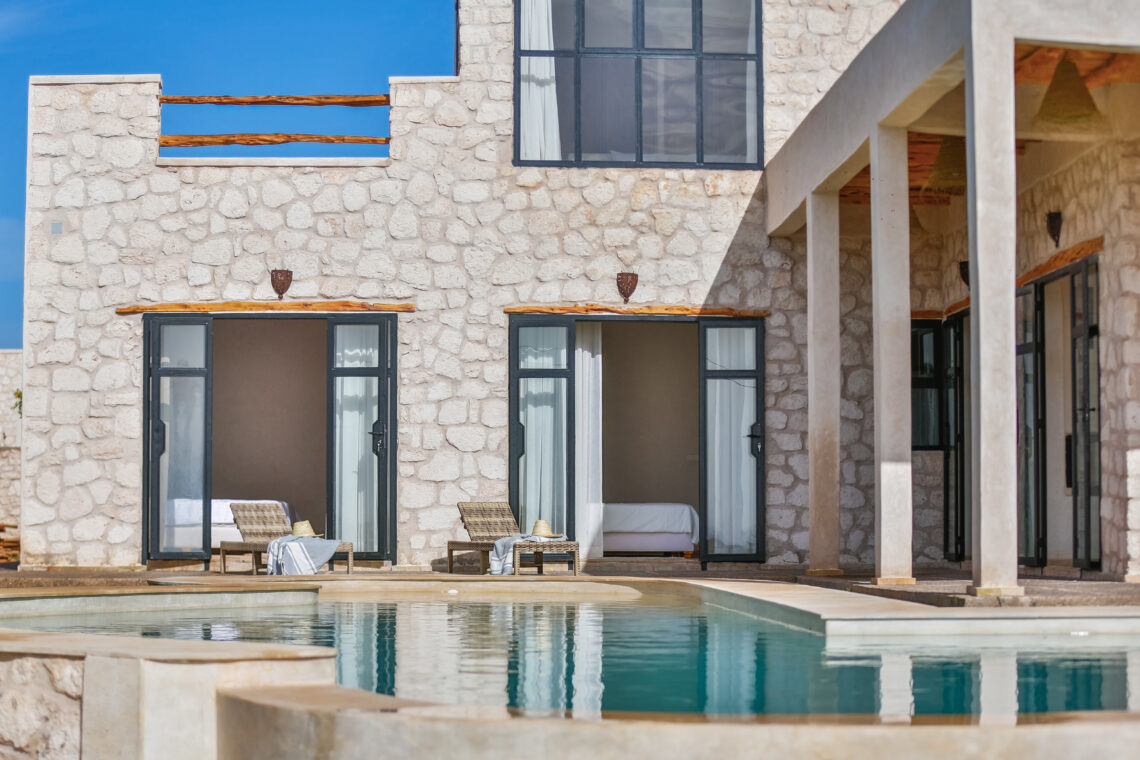Why Dynamic Pricing Matters in Hospitality
- 4 December 2025
- Blog
Your Home Is Unique? Your Pricing Should Be Too! Revenue management is far from an easy task. In a world where guest... Read More

One of the toughest decisions for hotel owners and managers is deciding whether to position their brand as a unique experience or to compete aggressively on price. Both approaches have their pros and cons, and the choice largely depends on the nature of the business and its goals. Let’s dive into the debate and weigh the options.
PROS:
Loyal Customers: Guests who book for the brand are often emotionally invested in the experience. They aren’t just booking a room; they’re buying into a story, a vibe, and a unique identity. This type of guest tends to appreciate the details, from the decor to the service.
Repeat Business: When people fall in love with the brand, they are more likely to return. The loyalty cultivated here ensures long-term revenue and minimizes the need for constant marketing efforts.
Premium Pricing: A strong brand can justify higher rates. Guests willingly pay more because they associate the brand with value and exclusivity.
Pull Marketing: Instead of chasing customers, your brand becomes something they seek out, leading to organic demand through word-of-mouth and positive reviews.
CONS:
High Initial Investment: Establishing a memorable brand requires significant investment in design, service, and marketing.
Niche Appeal: A branded experience might appeal to a smaller, more specific audience, potentially limiting mass-market reach.
Expectations: Guests paying a premium for a branded experience have higher expectations, which can add pressure on operations to deliver consistently.
PROS:
Increased Occupancy: Lower prices are a surefire way to attract a larger number of guests, particularly in budget-conscious markets.
Appealing to Price-Sensitive Travelers: Travelers who prioritize savings over luxury are drawn to competitive pricing, especially for short stays or functional trips.
Flexibility: In high-demand seasons, discounts and offers can help fill rooms quickly, minimizing revenue losses from empty inventory.
CONS:
Demanding Customers: Price-conscious guests often expect perfection in every detail because they view the room as a transactional purchase rather than an experience.
Higher Complaint Rates: Without the emotional investment in the brand, price-driven customers are quicker to voice dissatisfaction over minor issues.
Low Margins: Aggressive price competition can erode profit margins, making it harder to reinvest in the property or improve services.
Commoditization: When price is the primary differentiator, the property risks becoming just another option in a crowded market, losing its unique identity.
So, what’s the ultimate goal? Do you want guests to choose your property because of the unique experience it offers, or because it’s the cheapest option? The answer to this question will define your strategy and business model.
For Small Properties:
If you own or manage a boutique hotel, riad, or a small lodge, focus on branding. With fewer rooms, your goal should be to maximize your margins by selling the experience. Offer personalized touches, unique decor, and exceptional service that make your guests feel special. Cultivate loyalty and aim for repeat business.
For Larger Properties:
If you have a larger property with dozens or hundreds of rooms, a price-competitive strategy might be more suitable. With the ability to host large numbers of guests, your focus should be on volume. Attract travelers with competitive rates, group discounts, and packages to ensure high occupancy rates, even if margins are thinner.
There’s no one-size-fits-all answer. Whether you position your property as a brand or compete on price depends on your size, target market, and long-term goals. However, a clear strategy aligned with your business model ensures you stay competitive while delivering value to your guests. Choose wisely, and your accommodation will thrive in an ever-evolving hospitality landscape.